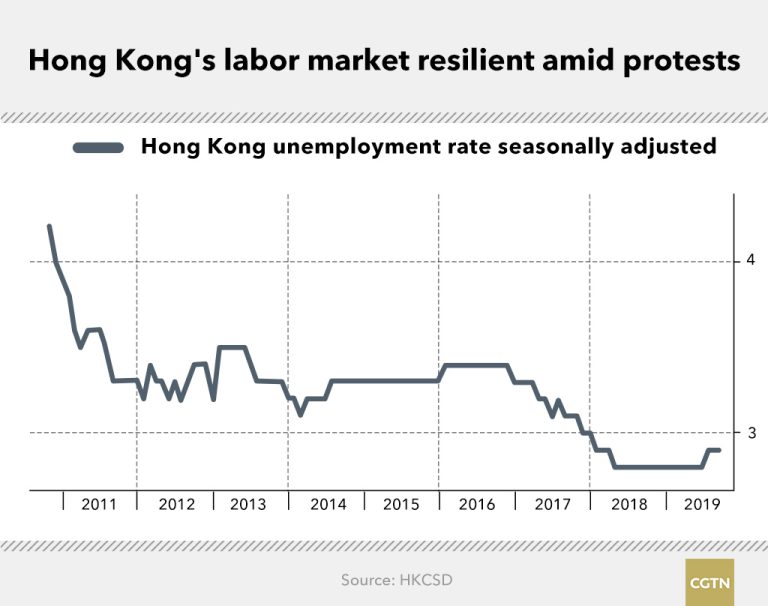The Morning Midas, a massive 600-foot cargo vessel, met a dramatic end on June 25, 2025, when it sank in the remote waters of the North Pacific, approximately 450 miles southwest of Adak, Alaska. The ship’s final journey began weeks earlier on June 3, when a fire broke out, forcing the 22-member crew to evacuate using lifeboats and abandon the vessel.
The ship was transporting an impressive cargo of 3,048 vehicles, making its sinking a significant maritime incident. Among the vehicles were 70 fully electric and 681 hybrid models, adding an interesting technological dimension to the maritime disaster. The Morning Midas was believed to be en route from China to Mexico when the fire disrupted its navigation, ultimately leading to its capsizing on June 23 and subsequent sinking to an estimated depth of 16,400 feet.
Fortunately, the incident resulted in no reported injuries to either the crew or first responders, providing a small silver lining to an otherwise challenging maritime emergency. The U.S. Coast Guard, working in close coordination with Zodiac Maritime, has been actively monitoring the area for potential environmental impacts.

One of the primary concerns in such maritime incidents is the potential for environmental pollution. However, initial assessments have been somewhat reassuring. Despite the massive cargo, first responders have not observed widespread signs of pollution in the North Pacific Ocean. As a precautionary measure, the oil spill response vessel Endeavour is en route to assist with potential oil spill and recovery operations.
:max_bytes(150000):strip_icc():focal(784x591:786x593)/cargo-vessle-sinks-adak-062525-2-c156a88877d242f5a7ded6a81e4f5cbb.jpg)
The cause of the fire remains under investigation, and authorities have not yet determined whether the electric or hybrid vehicles played any role in the incident. This uncertainty highlights the complexity of maritime incidents and the careful investigation required to understand their origins.
:max_bytes(150000):strip_icc():focal(731x534:733x536)/cargo-vessle-sinks-adak-062525-4853f9eaa22f4bb790d8a28857c1ea74.jpg)
The sinking of the Morning Midas represents a significant maritime event that raises important questions about cargo ship safety, vehicle transportation, and environmental protection. The incident serves as a reminder of the inherent risks in global maritime transportation and the importance of robust safety protocols.
For now, the Morning Midas rests on the ocean floor, its cargo of thousands of vehicles a silent testament to the unpredictable nature of maritime journeys. The ongoing investigation will likely provide more insights into the circumstances that led to this extraordinary maritime incident, potentially offering valuable lessons for future shipping operations.
As the U.S. Coast Guard and Zodiac Maritime continue their monitoring and response efforts, the maritime community will be watching closely, hoping to understand the full context of this remarkable event and prevent similar incidents in the future.












